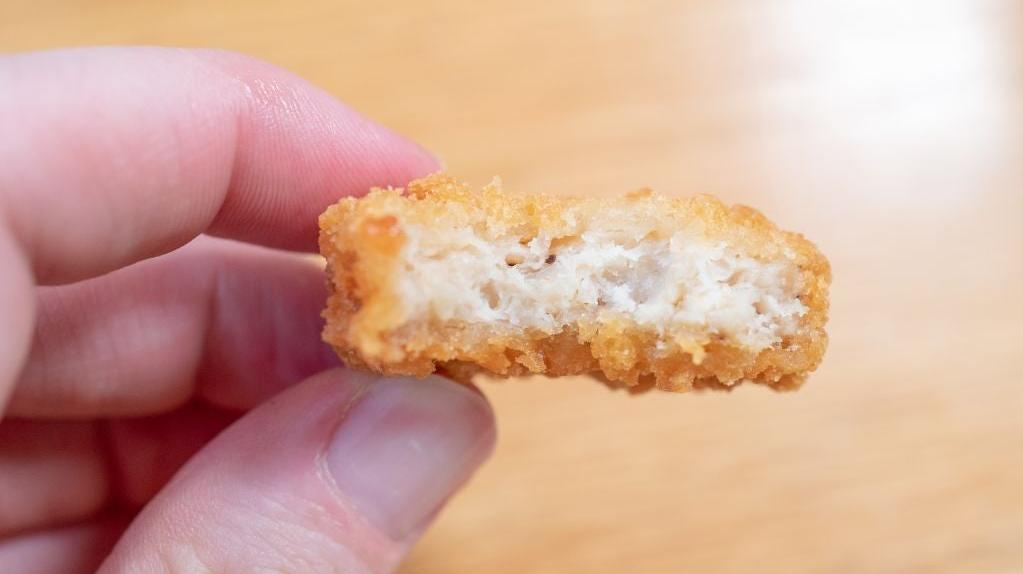Plant-Based Meat Sales Do A Face-Plant
There might be too many choices of meat alternatives now.
We've been keeping track of plant-based meat alternatives for a while now. This year, vegan chicken offerings have sprung up big time, and overall, the momentum has felt strong. But now, the Financial Times reports that sales of plant-based meat are starting to fall. This might come as a surprise given the wild amount of choices at grocery stores these days, but it turns out that variety might actually be part of the problem.
A data group called SPINS found that in the four weeks prior to October 3, sales of vegan meat substitutes dropped 1.8% as compared to 2020. There are several likely reasons for this (it's been a complicated year, everyone). Not only have dining restrictions lifted in many areas, meaning a dip in grocery sales, but supply chain issues have also caused some store shelves to go empty for periods of time.
Maple Leaf Foods, a Canadian company that owns a plant-based protein brand called Green Leaf, along with Beyond Meat, logged weak sales over the past few weeks too. Maple Leaf CEO Michael McCain told analysts earlier this month, "In the past six months, unexpectedly, there has been a rapid deceleration in the category growth rates of plant-based protein."
Beyond Meat CEO Ethan Brown thinks the weak sales are due to people being uninterested in healthier options (which certainly seems possible), along with people making fewer trips to the grocery store overall. Innovation doesn't seem like it's slowing down in the market, however. Some companies are taking a foray into 3D-printed whole cuts of vegan meat, and vegan fish seems like it's still coming up in the world, too.
It's likely consumers are still balking at the higher prices of the vegan meat alternatives, too. (This includes yours truly, which is why I only get it when it's on sale.) Prices still remain 3o-40% higher than actual meat. Bahige El-Rayes at consulting company Bain says there are more hurdles; he thinks more research and development needs to be done to improve texture and taste (probably along with aroma) of vegan meat alternatives across the board.
That being said, there are also executives who believe the drop in vegan-based meat sales is only temporary. Steven Cahillane, CEO at Kellogg (which owns vegan meat alternative brand MorningStar), says there is "still a lot of enthusiasm and excitement" for these products.
It's interesting to track where this part of the market is going, as people worry about things like climate change and how it'll affect our eating habits. I guess we'll have to see how 2022 shakes out. Will consumers make some permanent changes to their carnivorous habits?
